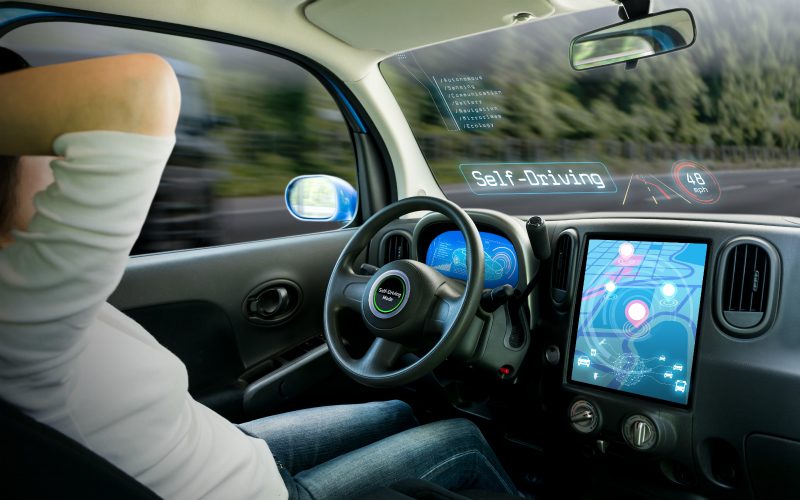
Self driving cars have been a hot topic over the last few years. The first confirmed death of a pedestrian from a self driving car operated by Uber has brought attention back to this issue. When the news was first announced on 20 March 2018 we did not have enough information to form a view on whether the car itself was to blame. However, the release of the video footage from the car’s dashcam today does suggest that there is at least some culpability on the part of the car and/or the Uber "driver".
The footage released from the police thankfully does not show the actual point of impact but shows the exterior and interior view of the car. The pedestrian is walking a bicycle across the road when they are struck by the car. Whilst a collision may have been inevitable the car does not appear to take any evasive action, such as braking or swerving.
This incident led to a discussion in my office today about whether self driving cars could ever be trusted. Technology has the potential to revolutionise our lives and make them a lot easier. However, we all know that at times technology does not work as it should do. A defective sensor, a glitch in the code or a missed system update could all result in errors. When these errors are applied to a 1500kg car travelling at 60 mph the consequences are likely to be very serious. Billions of pounds are being ploughed into the development of self driving cars and it is crucial that the highest safety standards are set. The argument on one side is that one death is one death too many and self-driving cars should not be allowed until such time as the technology is 100% safe.
The counter to that argument is my position. It is not necessary, in my view, for a self driving car to be 100% safe. It need only be safer than a human driver. I don't mean that in the sense of a particular human driver but taking human drivers together as a group. Whilst I completely agree that those developing self driving cars must do everything they possibly can to make them as safe as possible, the argument for not allowing them on the roads only has merit when they are not as safe as human drivers overall. In Britain to the year ending September 2017 there were 1724 deaths on the road according to government statistics. There were 174,510 casualties of all severities in the year to September 2017 which was down 5% on the previous year but still a staggeringly high number. This does not include the road traffic accidents where no injuries were sustained. The present tests of self-driving cars do not allow us to conclude that they are less safe than cars driven by humans.
The death of anyone involved in a road traffic accident is always tragic. The car or its human driver may well have been at fault in this individual case. However, we should not extrapolate too much from a single instance and the rise of the self driving car should continue.
Stephanie Watson is an Associate in our personal injury team and can be contacted on 0800 731 8434.
